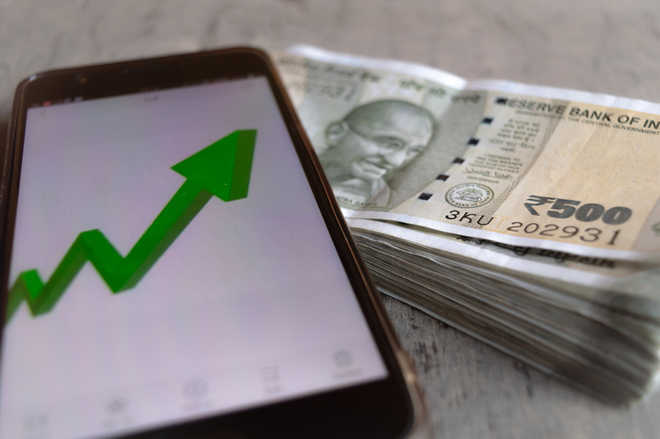Too early to predict impact of Russia-Ukraine war on Indian economy: Pinaki Chakraborty
PTI
New Delhi, March 30
The global macroeconomic uncertainties have increased due to the Russia-Ukraine war, but it is too early to predict its impact on the Indian economy, eminent economist Pinaki Chakraborty said on Wednesday.
In an interview with PTI, Chakraborty said high-frequency data show that in many countries, inflation is higher than expected, there are supply chain disruptions and much higher volatility in financial markets.
“As we recover from the Covid pandemic, the global macroeconomic uncertainties have increased due to the war between Russia and Ukraine.
“However, it is too early to even predict its impact on the Indian economy,” he said.
Chakraborty, the director of the National Institute of Public Finance and Policy (NIPFP), said India’s current macroeconomic situation is definitely better than what it was earlier but due to global uncertainties, the country will have to be watchful.
Russia started its military offensive against Ukraine on February 24. Western nations, including the US, have imposed major economic and other sanctions on Russia following the aggression.
While noting that the global economy will get impacted due to the Russia-Ukraine conflict, the eminent economist said quantification of that impact at this stage will be difficult.
“What is the most important is to manage and navigate disruptions created by war, so that we have minimum impact on fisc, minimum impact on our deficit levels and we are able to execute the budgetary priorities accorded into 2022- 23 budget,” he emphasised.
Asia’s third-largest economy is projected to grow 8.9 per cent in the current fiscal, slower than the previously anticipated 9.2 per cent, according to recent government data.
Chakraborty observed that India has not entered into a situation of high inflation, low growth and high fiscal deficit. In fact, India’s macro situation is stable and the country is on the path of broad-based sustainable recovery.
Retail inflation hit an eight-month high of 6.07 per cent in February, remaining above the RBI’s comfort level for the second month in a row, while wholesale price-based inflation soared to 13.11 per cent on account of the hardening of crude oil and non-food item price.
The Reserve Bank of India (RBI) on February 10 had lowered the inflation outlook to 4.5 per cent for the next fiscal, from 5.3 per cent in the current year.
Chakraborty emphasised that since the onset of Covid, there has been significant fiscal and monetary expansion.
For all the latest business News Click Here

